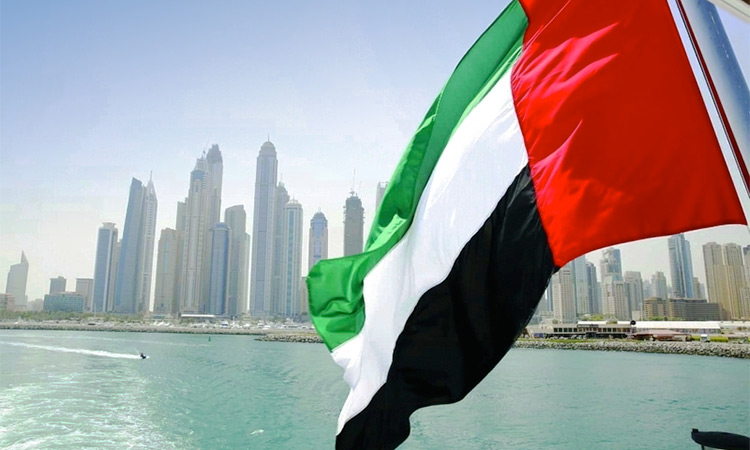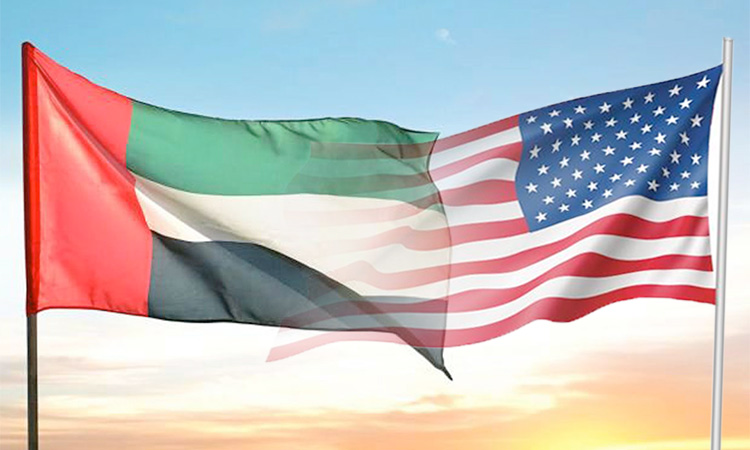UAE confiscated over Dhs2.35 billion in illicit assets last year

Picture used for illustrative purpose.
The UAE confiscated more than Dhs2.35 billion in illicit assets in 2021, of which Dhs15 million ($4 million) was in gold and precious metals.
The UAE has had numerous successes leading to: the arrest of a European thief who had stolen Dhs 3 million (c. US$ 817,000); uncover of a fraudulent scheme in cryptocurrency trading and money laundering, leading to arrests and prosecutions of the accused; and 40 people jailed and fined Dhs 860 million for fraud and money laundering., among many other significant arrests and international cases.
The UAE has signed five new international judicial cooperation agreements (IJCAs) with: the United States, Russia, Netherlands, Denmark, and Italy.
Regular strategic engagement and technical workshops have been held with the European Union (EU), the United States and United Kingdom.
The National Economic Registry now contains the ultimate beneficial ownership (UBO) of 77 percent of corporate vehicles - an important standard for transparency. Plans are in place to reach 100 per cent.
Suspicious transactions reporting (STRs) increased 51 per cent year-on-year (1Q21 vs 1Q22) demonstrating greater AML/ CFT understanding by private sector and monitoring by supervisory authorities.
16 government agencies and more than 20 private sector representatives have joined a Private Public Partnership to enhance effectiveness of AML/CFT regime and develop a legislation for sharing information between public and private sectors.
Hamid Al Zaabi, Director General, said: “We have a clear agenda for combating illicit finance and preserving the integrity of the global financial system. It is anchored in embedding the institutional capabilities set out in the UAE’s National Risk Assessment, National Action Plan and National Strategy for AML/CTF. We carried the positive progress of 2021 into the first six months of this year and we take encouragement from that.
‘’Our priority remains to build long-term, sustainable capabilities and to accelerate the development of the UAE’s ability to detect, investigate and understand money laundering and terrorist financing as we advance financial crime compliance frameworks in the UAE and around the world.”
In September 2021 the UAE signed a landmark partnership with the UK to tackle illicit finance. This has facilitated new opportunities for cooperation, such as the exercise with the UK National Crime Agency to combat the smuggling of significant volumes of cash and gold from UK airports.
During the course of 2022 regular bilateral UAE-UK dialogues have been held to discuss improving information, financial intelligence and facilitating action against AML/CFT. Similar events have been held with the European Union (EU) and the United States. The UAE has also signed five new international judicial cooperation agreements (ICJAs) with the United States, Russia, Netherlands, Denmark, and Italy. During a visit to the US in July 2022, the EO led a delegation from the UAE that met with Department of Treasury, private sector entities and leading think-tanks to discuss areas of collaboration in combating money laundering, terrorist financing and proliferation financing.
The UAE Financial Intelligence Unit (FIU) is the central agency that works closely with relevant competent authorities to determine links between possible proceeds of crime, money laundering or terrorist financing.
The number of suspicious transaction (STR) reports received by the FIU increased by 51 percent year-on-year (1Q21 vs 1Q22) with the financial sector contributing the vast majority. This demonstrates the success of outreach and educational programmes designed to raise and deepen AML/ CFT awareness.
The FIU was strengthened by an increase of over 85 percent in human resources and the development and adoption of new tools, which raised the effectiveness of money laundering investigations, including for predicate offences and asset-tracing.
This builds on the investments in people and technology such as the Fawri Tick system, GoAML, Integrated Enquiries Management System (IEMS) and the National Economic Registry (NER).
Efforts have also focused on improving designated non-financial businesses and professions (DNFBPs) transaction-monitoring systems. Work has also been conducted to help DNFBPs identify, assess and take effective action to mitigate their money laundering, terrorist financing and proliferation financing risks.
WAM







